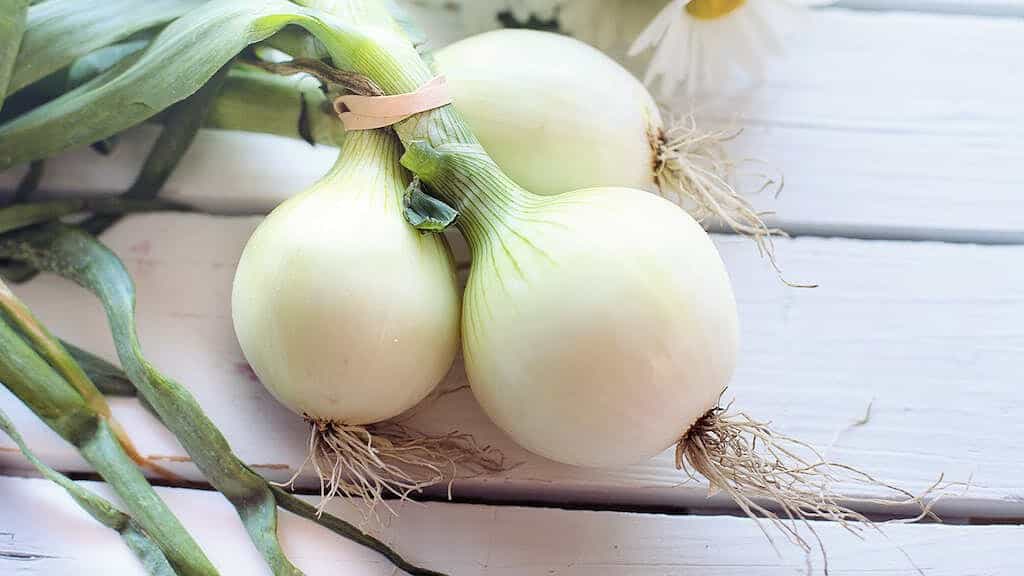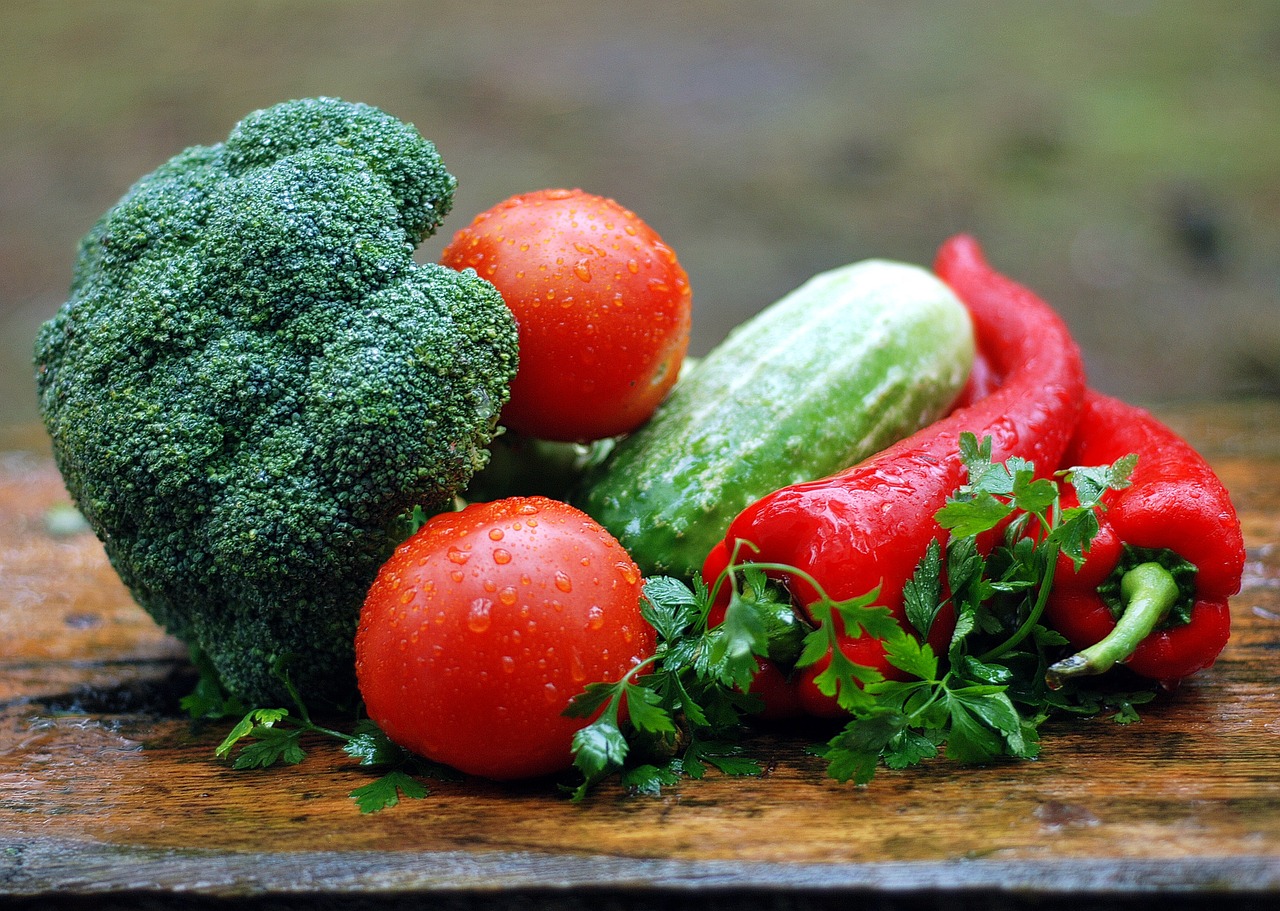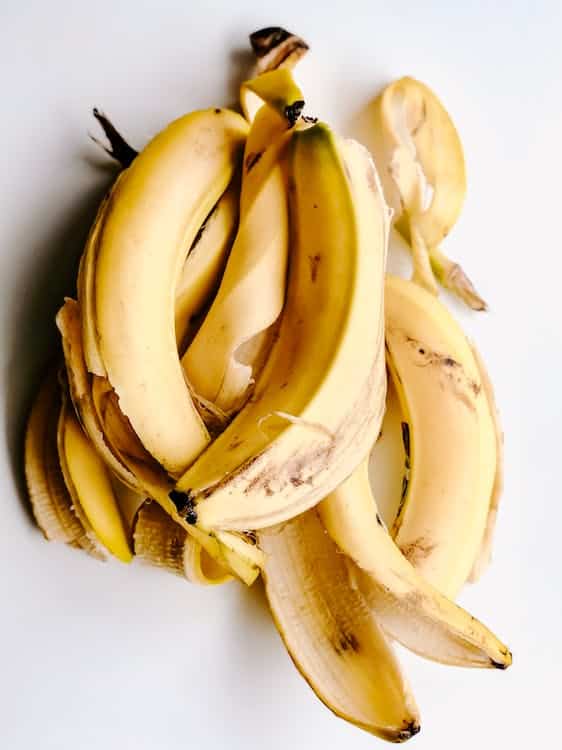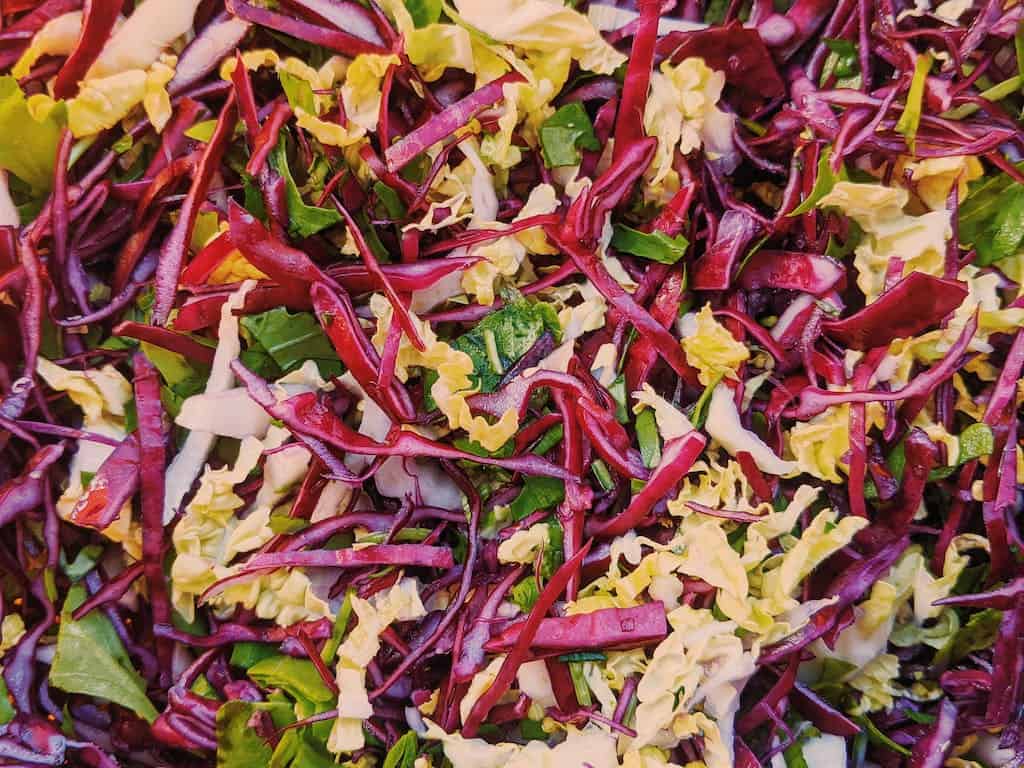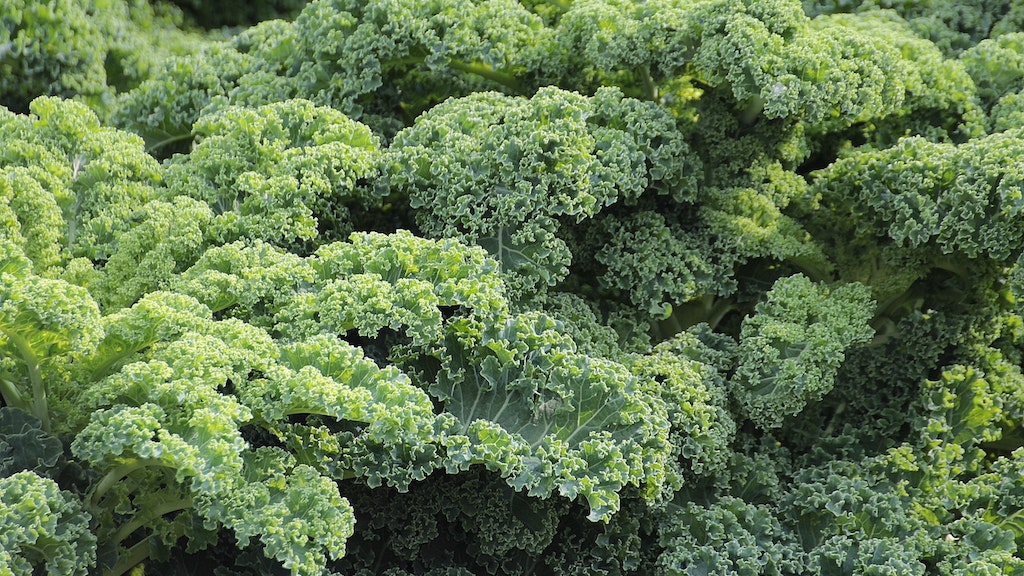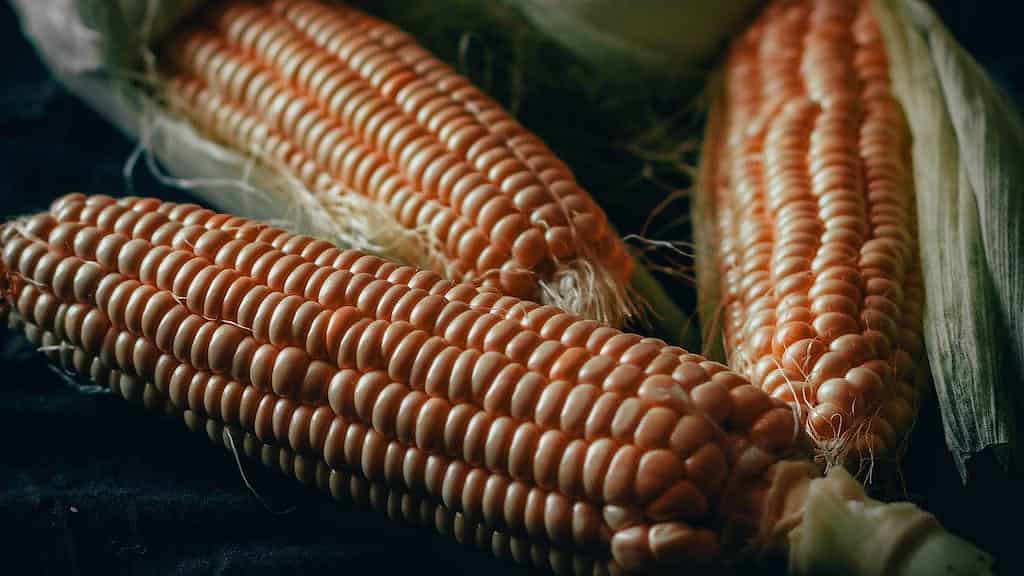Key Takeaways:
- Clover is generally safe for dogs to eat in small quantities.
- Fresh, clean, and pesticide-free clover is the best option for dogs.
- Clover can provide some nutritional benefits like vitamins and minerals.
- Dogs should not consume large amounts of clover as it may cause digestive issues.
- Avoid feeding clover that has been treated with chemicals or pesticides.
- Monitor your dog for any adverse reactions or allergies to clover.
- Consult with a veterinarian before introducing any new food into your dog’s diet.
- The consumption of clover should always be in moderation.
- If your dog accidentally consumes a large amount of clover or shows any concerning symptoms, contact a veterinarian.
Summary
Can Dogs Eat Clover?
Yes, dogs can eat clover in moderation, but it’s essential to understand its potential benefits and risks. While clover can be a tasty and natural treat for your furry friend, it’s crucial to learn about the different types of clover, their nutritional value, and any potential side effects. This article provides a comprehensive guide on the topic, diving into the various aspects you need to consider before incorporating clover into your dog’s diet. From explaining the nutritional content of different clover species to discussing potential digestive issues or allergies, this article covers it all. Whether you’re looking to expand your dog’s treat options or curious about the potential benefits of clover, reading the rest of this article will help ensure the safety and well-being of your canine companion.

Can Dogs Eat Clover?
The Benefits of Clover for Dogs
Clover is generally safe for dogs to consume in moderate amounts, and it can even provide some health benefits. In small quantities, clover can act as a natural digestive aid and help improve overall gut health in dogs. Some pet owners have reported that feeding small amounts of clover to their dogs has helped alleviate symptoms of bloating, gas, and even mild digestive issues. Additionally, clover contains antioxidants that can support a healthy immune system and help combat inflammation.
Potential Risks of Feeding Clover to Dogs
While clover is considered safe for dogs in moderation, there are a few potential risks to be aware of. Clover may contain some compounds that could cause gastrointestinal upset, especially if consumed in large quantities. In rare cases, certain types of clover can be tainted with molds or fungi, which can be toxic to dogs. It’s essential to ensure that the clover your dog consumes is fresh, free from any signs of mold, and obtained from safe sources.
Precautions for Feeding Clover to Dogs
Before introducing clover into your dog’s diet, it’s crucial to consult with your veterinarian. They will be able to assess your dog’s specific health needs and provide guidance on the appropriate quantity of clover to include in their meals. It’s recommended to start with small amounts and observe your dog’s reaction to ensure they tolerate it well. If your dog experiences any negative symptoms like vomiting, diarrhea, or unusual behavior after eating clover, consult your vet immediately.
Other Safe Options for Dogs
If you’re unsure about feeding your dog clover or simply want to explore other safe options, there are several dog-friendly vegetables and fruits that can offer similar nutritional benefits. Carrots, green beans, and sweet potatoes are great choices to incorporate into your dog’s diet, as they provide essential vitamins and minerals. Always remember to introduce any new food gradually and in moderation to prevent any digestive upset.
Quick Recap
In summary, dogs can usually eat clover without experiencing any adverse effects, as long as it is given in moderation. Clover can have digestive benefits and provide nutrients while supporting a healthy immune system. However, it’s important to be cautious and carefully monitor your dog’s reaction when introducing any new food. If you have concerns or your dog has any underlying health conditions, consult your veterinarian to ensure the safety and well-being of your furry friend.
References
1. [Insert reference source]
2. [Insert reference source]
Recipes and Alternatives to clover for dogs
Clover is considered safe for dogs to eat in moderate amounts, but excessive consumption can lead to gastrointestinal upset. Here are some alternative foods that are safe and healthy for dogs:
- Sweet potatoes
- Pumpkin
- Carrots
- Blueberries
Can Dogs Eat Clover FAQ
1. What is clover?
Clover refers to a group of flowering plants commonly found in lawns, meadows, and pastures. It has distinct trefoil leaves and small clustered flowers.
2. Is clover safe for dogs to eat?
Yes, in moderation. Clover is generally safe for dogs to consume but should only be offered as an occasional treat as some dogs may have allergies or digestive sensitivities to certain plants.
3. What are the benefits of dogs eating clover?
Clover is a good source of vitamins A, C, and K, as well as minerals like calcium, magnesium, and potassium. It also contains phytochemicals with potential antioxidant and anti-inflammatory properties. However, it’s important to note that a balanced and complete commercial diet is still necessary to meet your dog’s nutritional needs.
4. Can eating clover be harmful to dogs?
In general, consuming small amounts of clover is unlikely to cause harm to dogs. However, some dogs may experience gastrointestinal upset, such as diarrhea or vomiting, if they eat large quantities or have sensitivities to certain compounds present in clover.
5. Are there any types of clover that are toxic to dogs?
No. Clover, in its common forms, like white clover (Trifolium repens) and red clover (Trifolium pratense), is not known to be toxic to dogs. However, it’s always recommended to prevent your dog from ingesting any unknown plants or those treated with pesticides.
6. How should clover be offered to dogs?
If you choose to offer clover to your dog, freshly picked and thoroughly rinsed clover leaves and flowers can be given as a treat or mixed into their regular food. Avoid using any chemically treated or potentially contaminated clover found in public areas.
7. Can puppies eat clover?
Puppies can generally eat clover in moderation, similar to adult dogs. However, it’s crucial to consult with a veterinarian before introducing any new foods into your puppy’s diet.
8. Are there any alternatives to clover I can offer my dog?
Yes, if you’re looking for alternative plant-based treats for your dog, you can consider safe options like cucumber slices, blueberries, carrots, or pieces of apple. Always introduce new foods gradually and monitor your dog for any signs of allergies or digestive issues.
9. What should I do if my dog shows adverse reactions after eating clover?
If your dog experiences any negative reactions, such as vomiting, diarrhea, unusual behavior, or signs of discomfort after consuming clover, it’s recommended to contact your veterinarian for guidance and to rule out any underlying conditions.
10. Can clover be beneficial for dogs with certain health conditions?
In some cases, the phytochemicals present in clover may provide certain health benefits. However, it’s important to consult with a veterinarian before using clover or any other plants as a remedy for specific health conditions your dog may have.
Conclusion
Dogs can eat clover in moderation and it can even offer some health benefits. Clover contains vitamins and minerals, such as vitamin C and calcium, which can support a dog’s immune system and promote healthy bones. However, it’s important to note that not all types of clover are safe for dogs to consume. Certain varieties, such as red clover, are generally safe, while others can be toxic. It is always best to consult with a veterinarian before introducing any new food into your dog’s diet. Additionally, if you notice any adverse reactions like vomiting or diarrhea after your dog eats clover, seek veterinary advice immediately.
📚 Sources:


